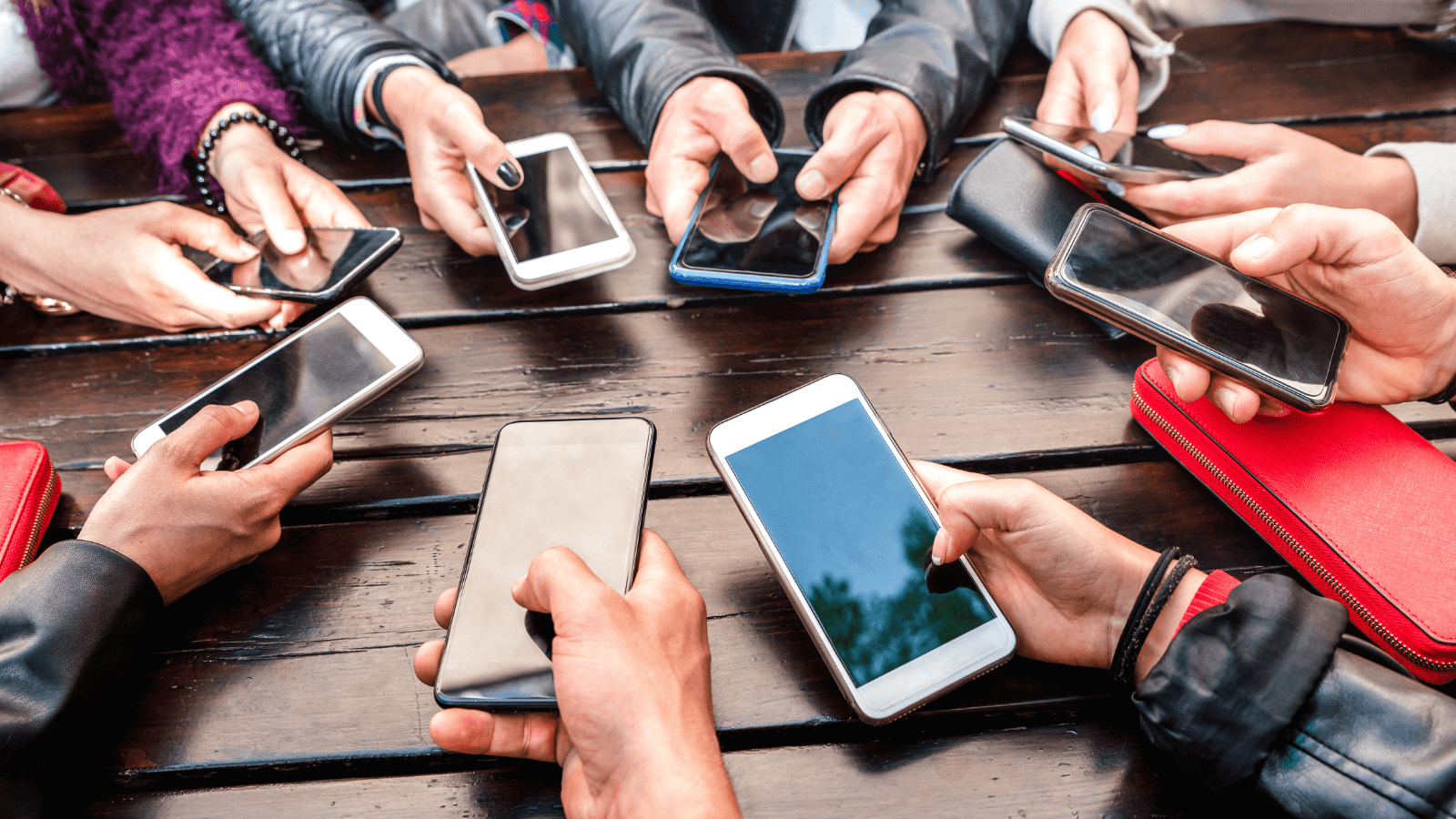Online Safety and Privacy
May 31, 2023
|
Min Read
What LGBTQ+ Communities Should Know About Online Safety
The internet is now crucial for connecting LGBTQ+ people and communities across the globe, but how can you hone your cybersecurity and protect your privacy?
Many LGBTQ+ people have found solace, solidarity, and community with others online. The internet was built to bring people together, even if it doesn't feel like it sometimes. However, by adopting a few simple behaviors, you can keep yourself secure.
No matter your sexual orientation or gender expression, you deserve to be online and you are a valuable addition to our digital citizenry. Don't let anyone or anything make you feel different!
Block the bullies
Cyberbullying is a widespread problem for many people logging onto social media. According to certain studies, though, the majority of LGBTQ+ have been targeted by bullies. In a recent survey of about 700 LGBTQ+ people by vpnMentor, almost 3 out 4 respondents said they have been personally attacked or harassed on the internet.
Bullying is unwanted, aggressive behavior that involves a real or perceived power imbalance. This power imbalance can be physical, but it can also revolve around popularity or the bully having access to personal or private information about the victim. Generally, bullying is a repeated behavior, or it has the potential to be repeated. Cyberbullying, then, is when these bullying behaviors occur online, either through messaging, social media, or other digital channels.
Don't let the cyberbullies get you down – block them instead! every platform has simple ways you can block and report users engaged in bullying behavior. There's no shame in having a strong blocking game!
If you feel like the bullying and harassment has reached the level of criminality, contact the authorities! Many schools have anonymous cyberbullying reporting systems, and you can report crimes like stalking and exploitation to law enforcement.
Most importantly, if online bullying or harassment makes you feel like hurting yourself, you should reach out to a trusted friend or family member immediately.
Staying safe on social media
When it comes to social media, we recommend that everyone shares with care. This means that everyone should spend a few moments pondering how much personal information you provide on social networking sites. The more information you post, the easier it may be for a hacker or someone else to use that information to steal your identity, access your data or commit other crimes such as stalking.
Also, think about who can see your social media musings – most platforms allow you to limit who can see or engage with your posts if you don't want the whole world to know your business.
Even if a social media app or website never asks you for data, you should assume it is still collecting it. Every so often, check your privacy settings and ensure everything fits within your comfort level. Social media apps might ask for you to give them access permissions at all times, but you don't have to agree.
There's nothing rude about being a snob about your personal data – our data is worth millions to tech companies and advertisers, so let's value it as much as them!
Online dating
Online dating is an exciting way to meet new people, but it is important to remember that you can't really verify someone you meet online and you should always be at least a little wary when you meet them face to face.
We recommend that you never agree to meet someone for the first time at your home or their home. Instead, opt for a public place – the perfect spot to catch a catfish if you have one on your line!
Let a friend or family member know that you are going out, and remember to check in when the date is over. Tell them where you plan to go out and it isn't rude to send an occasional text during a date to let others know that you are okay!
If your online "situationship" is developing toward the next level, do some research on your crush before meeting in person. You can look them up using search engines and social media. You can also do a reverse-image search of the person's profile picture. If the image belongs to a different person, or multiple different online identities, this is a red flag that the person you've been talking to might be a scammer.
No time for weak passwords
With a few cybersecurity habits, you can keep your accounts protected and your data secure. These habits are easy and repeatable. The peace of mind you'll get in return for adopting these behaviors is well worth it!
Passwords
Your passwords should each be at least 12 characters long, complex, and unique to each account. Each password should be a seemingly random string of letters, numbers, and symbols. How do you remember all these passwords? Password managers make maintaining your precious passwords a snap, even if they aren't a perfect solution.
Multi-factor authentication
Turn on multi-factor authentication (MFA) for any account that allows it because MFA protects your accounts in multiple ways. Instead of just your password, MFA requires you to prove your identity in another way, like your fingerprint, responding to a text message, or logging into a separate app.
Identify phishing
Learn how to identify phishing attempts that might be sent to your email, phone, or DMs. These messages often try to make you panic and take urgent action, like clicking a link or downloading an attachment. However, doing this can give a hacker or malware access to your machine. Whenever you get a new email, text, or message, take three or four seconds to verify that it's legit.
Automatic updates
Device and software makers often send out updates that include new security fixes as well as new features. We think the best way to have the latest protections is to turn on automatic updates. Then you don't even have to think about them!



